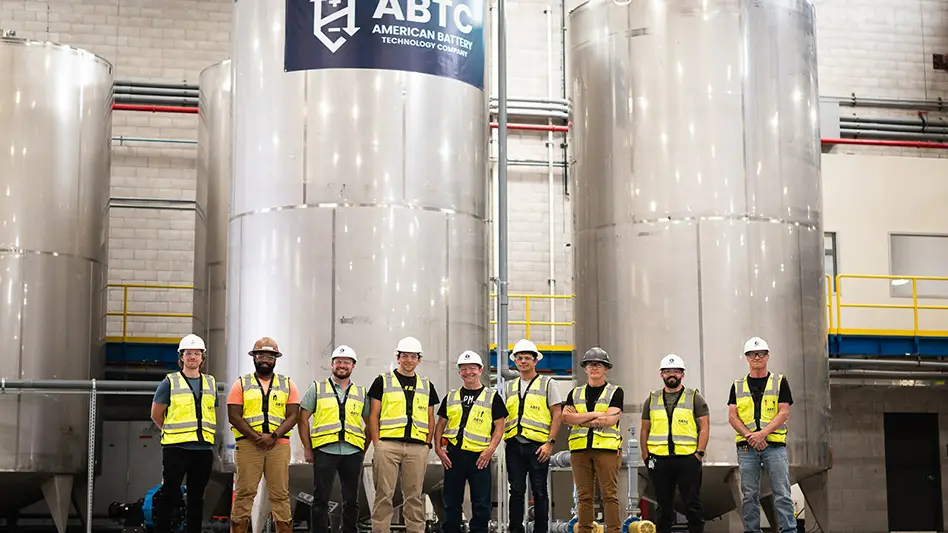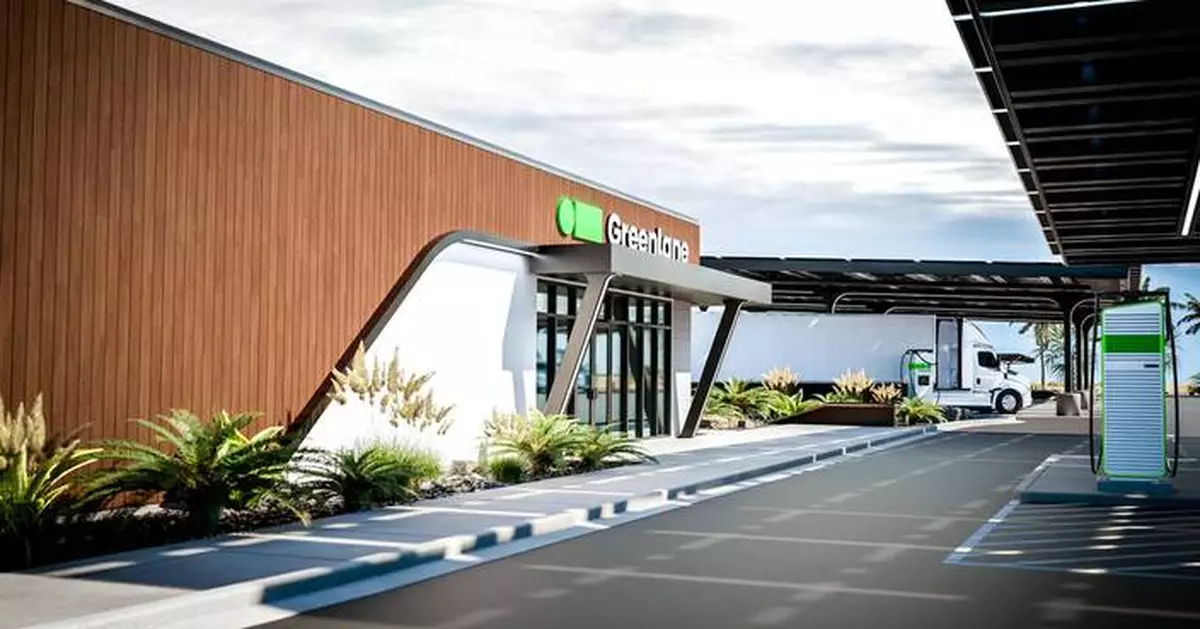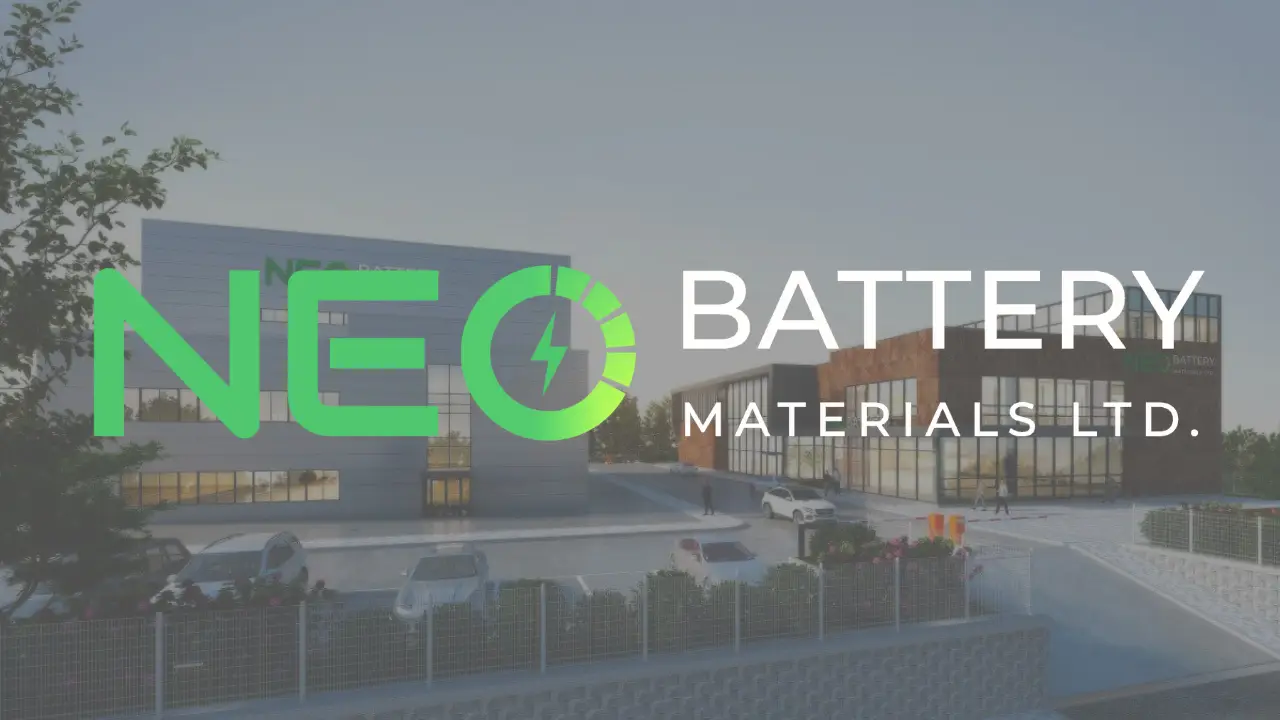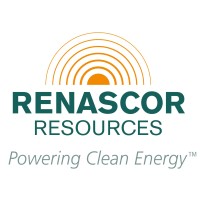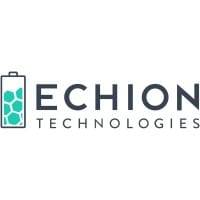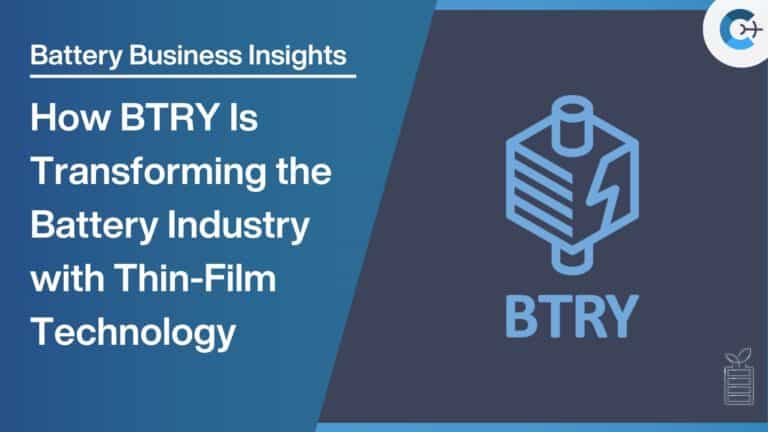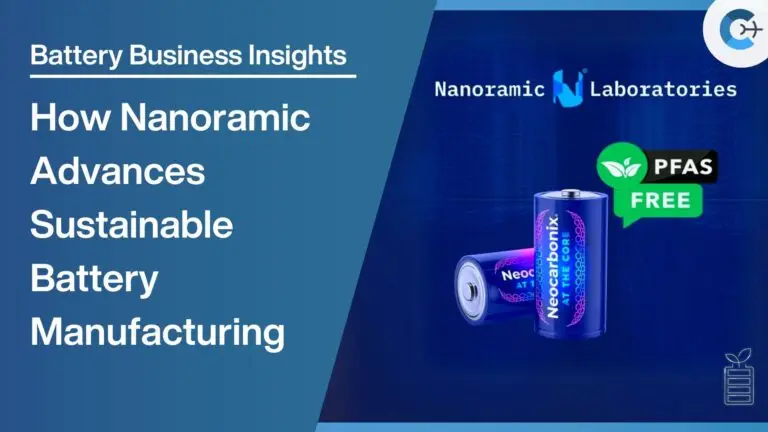The U.S. Department of Energy has awarded the American Battery Technology Company (ABTC) a $144 million grant to build a lithium-ion battery recycling plant. The new facility will have the capacity to process 100,000 tonnes of battery materials annually, which is five times the processing capacity of ABTC’s first recycling plant located in Reno, Nevada.
The upcoming plant is designed to accept a variety of scrap materials and production waste. Through its advanced recycling processes, ABTC aims to produce battery-grade nickel, cobalt, manganese, and lithium hydroxide products for the North American market. These materials are essential components in the manufacturing of lithium-ion batteries used in electric vehicles and energy storage systems.
ABTC’s recycling processes involve strategic dismantling and targeted chemical extraction of battery materials. This approach allows the company to produce high-quality battery products at a competitive cost while maintaining a low environmental footprint. Unlike traditional battery recycling methods that typically utilize high-temperature smelting or shredding systems, ABTC’s proprietary methods have been proven to generate products that meet the stringent specifications required by cathode refinery customers.
In the summer of 2023, ABTC entered into a strategic partnership with BASF, a leading cathode manufacturer in North America. Through this partnership, ABTC supplies battery-grade metals to BASF, strengthening the supply chain for battery manufacturing in the region.
Ryan Melsert, CEO of American Battery Technology Company, expressed pride in receiving the grant from the Department of Energy. “We are extremely proud to have been awarded this highly competitive grant contract from the U.S. DOE, and it will directly support the additional capacity required to process the quantity of materials demanded from the domestic automotive and battery industry,” Melsert stated. “We are excited to be further scaling our internally developed recycling technologies and expanding domestic supply of unrealized, in-demand, recycled, battery-grade, sustainably manufactured materials.”
The expansion of ABTC’s recycling capabilities aligns with the increasing demand for sustainable battery materials in the United States. As the automotive and energy industries continue to shift toward electrification, the need for efficient recycling of battery materials becomes increasingly important to support a circular economy and reduce reliance on raw material imports.
Source: ABTC – Press Release

